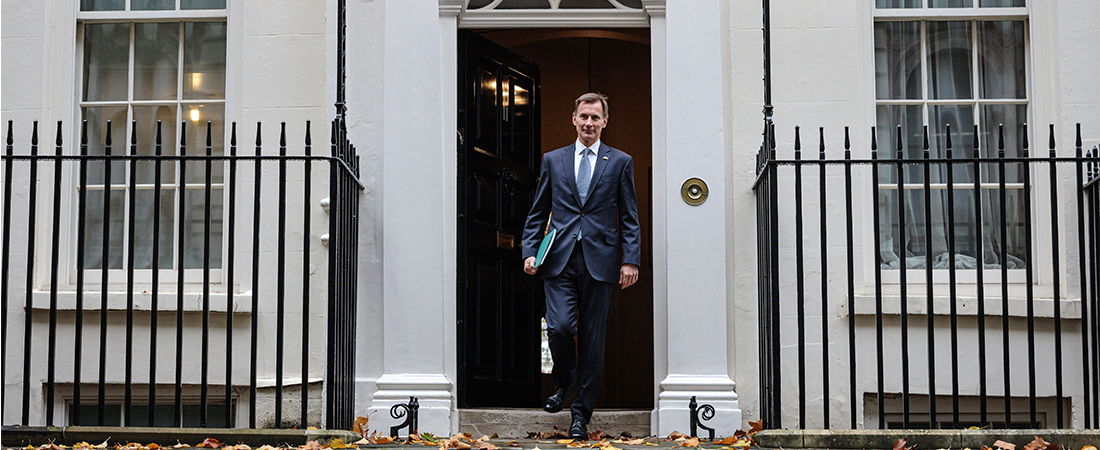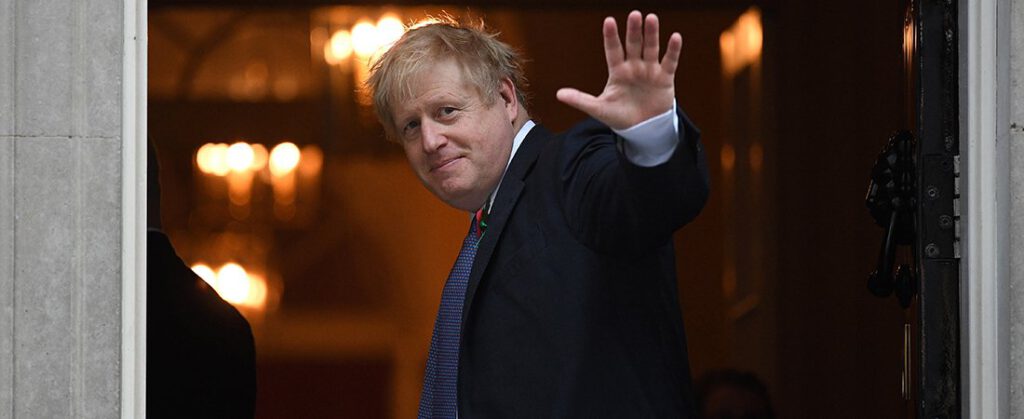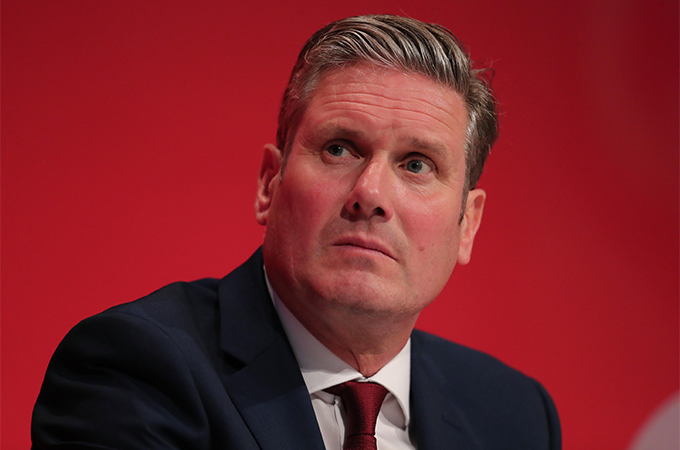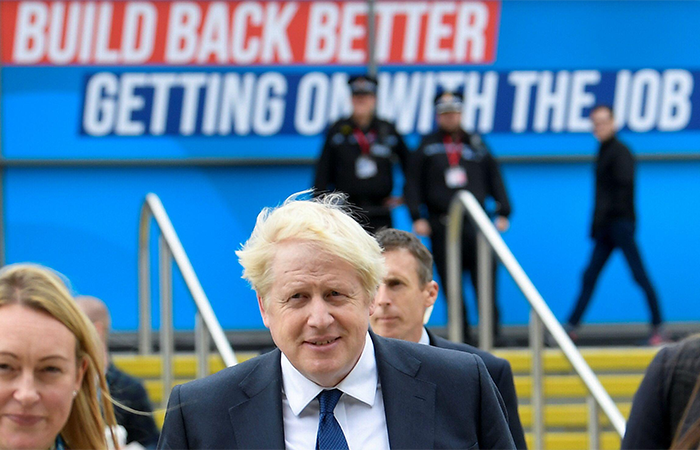Jeremy Hunt’s Autumn Statement – a full-blown Budget by another name — had multiple objectives.
The tax rises and public spending cuts which will take £55 billion pounds out of the economy over the next few years means the first goal – to banish financial market and investor doubts about the government’s fiscal credibility – has been achieved. The Independent Office for Budget Responsibility said public borrowing will fall from 7.1% of national income this year, to 2.4% in 2027/28.
The price of regaining that credibility, shattered by Liz Truss’s brief reign, is steep. That means the Chancellor’s other objectives – charting a path to economic recovery and setting the Conservative party up for a chance of re-election in 2024 — are much more in doubt.
Truss’s recipe for growth was wrong-headed, but her diagnosis that a plan was needed to raise Britain’s stagnant potential growth rate was spot on. Hunt, out of necessity, has focused more on regaining a reputation for sound finances than on kickstarting the economy. That may mean the Bank of England raises interest rates less than expected and inflation falls faster but some will argue he has tilted the balance too far towards austerity, even though he has significantly relaxed the government’s multi-year borrowing rules.
The OBR said we are already in recession and forecast the economy would shrink by 1.4% next year – mirroring the Bank’s prediction of recession lasting through 2023. That fall will not be fully clawed back in 2024. As a further nod to rebuilding international credibility, Hunt lavished praise on the value and independence of both institutions.
The Chancellor could cut taxes in a year’s time, ahead of a 2024 election. But the OBR’s forecasts for 2023 – of still-high inflation of 7.4% and borrowing £40 billion higher than it predicted in March – suggest that will be difficult to square with fiscal responsibility.
On the tax front, the heavy lifting in today’s statement is being done by fiscal drag – freezing income tax thresholds until 2028 so more and more people get dragged into higher tax bands as their pay increases. National Insurance employer thresholds will be frozen for the same period.
This comes against a backdrop of 11% inflation, compared with private sector wages rising by around 6% and those in the public sector edging up by only 2%. On top of that, many in work will get less help with sky-high energy bills from next April as that support is scaled back by £500 for most households, and will face higher local council taxes.
Even though inflation will fall next year, it will still outstrip wage growth so it is almost impossible to see a consumer-led recovery on the horizon. The OBR said real household disposable income will fall more than 7% over next two years, the biggest fall since records began.
Despite the grim prognosis, Hunt had as much of an eye on the politics as the economics.
Raising the windfall tax on energy firms to 35% from 25% is a no-brainer given the profits that have been racked up. It also adopts, and neutralises, one of the Labour party’s flagship policies. Equally, uprating the state pension and welfare payments by the full inflation rate, along with lowering the threshold at which top-rate 45% income tax is paid, will help ward off attacks about being a government that favours the rich. The same applies to a hefty increase in the minimum wage.
On the public spending front, Hunt backloaded much of the cuts to beyond the next election, a politically expedient move and one which will pose the Labour party some difficult fiscal questions. But that economic pain is still coming and the public spending envelope has already shrunk. This year’s settlement was based on inflation of around 2-3%, when it has just hit 11%.
Overall, Hunt said public spending would grow by only 1% annually from 2025 to 2028. With hefty increases found for the NHS and education, other areas face a tough time.
Today’s budget may increase the chances of public sector strikes, and it is not clear that voters will side with the government over nurses and teachers who, as things stand, face another 5% cut in their real pay next year, thanks to persistent inflation.
The big picture is that most Britons will feel poorer next year, and probably the year after as well. You don’t take £55 billion out of an economy already in recession, with real incomes falling at the sharpest rates on record, without making it worse.
The factors which could improve that outlook are largely beyond the government’s control although there are glimmers of hope. Data last week suggested U.S. inflation might have peaked, warm weather in Europe has led to a sharp fall in wholesale gas prices and Beijing has begun easing some of its Covid controls, which have gummed up its economy and trade.
These are early green shoots which could be snuffed out, but if the Federal Reserve stops raising U.S. interest rates next year, if Russia ends its war on Ukraine and if China fundamentally reopens its economy, then the UK’s recession could well be shorter and shallower.
Domestically, between now and next Autumn, the government will need to enact some convincing supply-side reforms to boost productivity, even though the measures that are most effective tend to take years to bear fruit.
Even with all that, the bottom line is that while the days of damaging government bond market sell-offs may be over, the price will be pushing back the point at which the economy will rebound.





